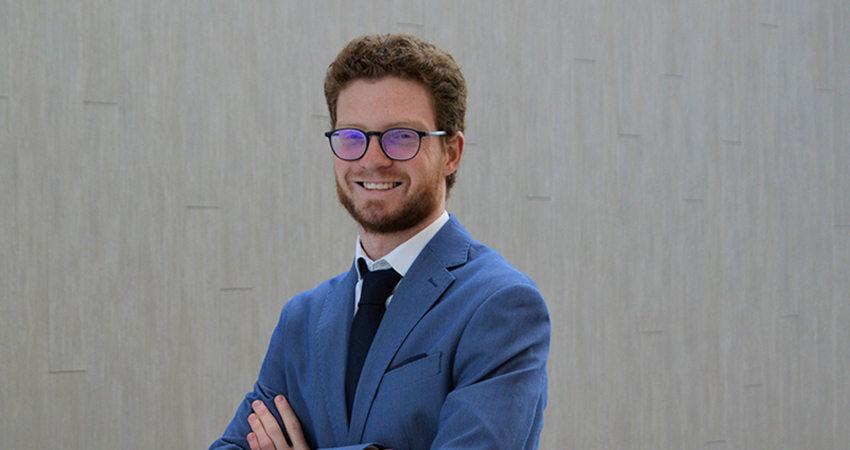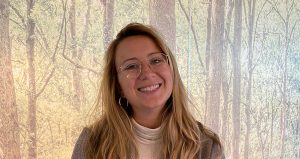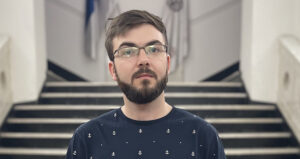Thibault: ”Hoping to learn about digital twins and digitalization”

-
 Editorial Team
Editorial Team
Share article:
Thibault Moreels is working as a hydraulic engineer at De Watergroep in Belgium and is participating in the fourth group of the European Junior Water Programme (EJWP). He is sharing his experiences on Water News Europe. “Specifically, I am hoping to provide my team with experiences on digital twins in other drinking water companies, and the benefits of digitalization in the water industry.“
What and where is your current work position?
“I am working as a hydraulic engineer at De Watergroep in a team of six professionals with various backgrounds. My work consists mainly of network modelling in Infoworks WS Pro. Our team is also responsible for water supply plans.”
What motivates you to participate in EJWP?
“I met a lot of interesting people and got to know Water Europe better last June when I joined part of an EJWP Training Week in Brussels with Water Europe. I am in favor of ‘more Europe’ and I believe that the water industry in particular should be addressed on an international level. EJWP allows me to connect with water professionals from all over Europe – to build a network. I look forward to exchanging views on the many challenges our industry faces. I am also excited for the masterclasses. On a personal level, I am hoping to improve my presentation and teamwork ‘soft’ skills.“
What value do you expect to bring to your organization from your EJWP participation?
“Specifically, I am hoping to provide my team with experiences on digital twins in other drinking water companies, and the benefits of digitalization in the water industry. Our digital network models allow us to compute different scenarios to make better decisions. Globally, I am hoping to share insights on the management of drinking water utilities from all over Europe. Consecutive periods of drought are quite new in Flanders, for example, but Southern countries have a lot more experience with such environmental conditions.”
Do you already have impressions of De Watergroep being in EJWP, based on your colleagues’ participation?
“I know about one project in which EJWP participants held a survey on the customers’ stance on the reuse of drinking water and the use of wastewater effluent as a source for drinking water. De Watergroep extracted valuable information from this survey and could compare the opinion of French and German customers to our customers.”
What are the benefits and/or challenges of a European water-sector network?
“Working with peers makes you question your own methodologies and helps you to improve the processes in which you stay stuck from time to time. A major difficulty might be that national or regional authorities impose different legislation that makes it hard to translate these methods to other countries.”
What is a water or environmental topic that you see as growing in importance?
“The water industry is in many ways not data-driven. The importance of good data and the management of large amounts of data that will inevitably accumulate over the coming years, must be a priority.”
What about resilience to increasing climate impacts in Europe, especially after seeing conditions this summer 2022?
“We must draw water from many sources. We can use rain water to flush toilets, wash cars etc. We should allow rain water to be stored for longer periods of time instead of evacuating the rain water immediately. In some regions it may be useful to treat wastewater for human consumption or for lower quality uses.“
What did you study and where do you see your future?
“I obtained a master’s degree in civil engineering at the Free University of Brussels. I would like to specialize further into hydraulic modelling at De Watergroep.”

















